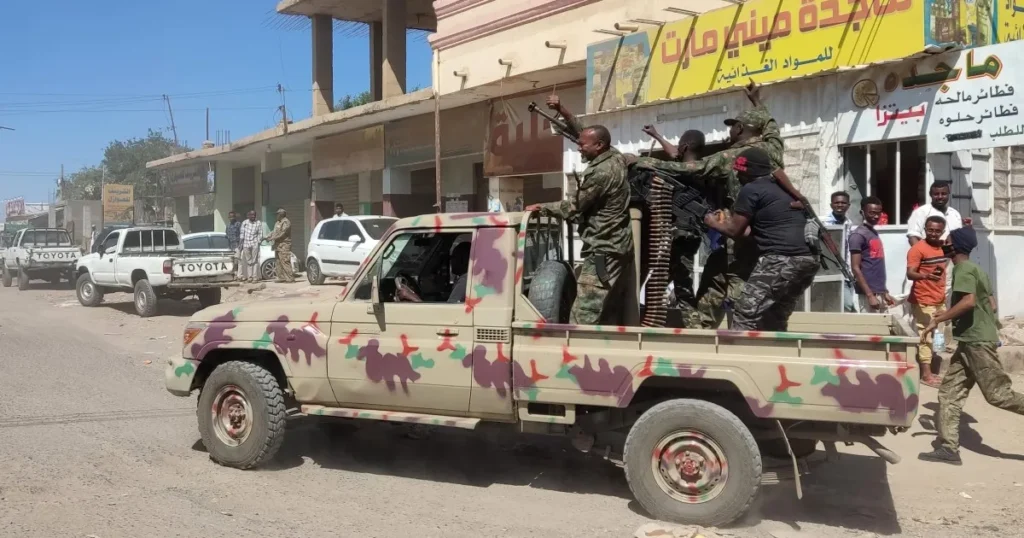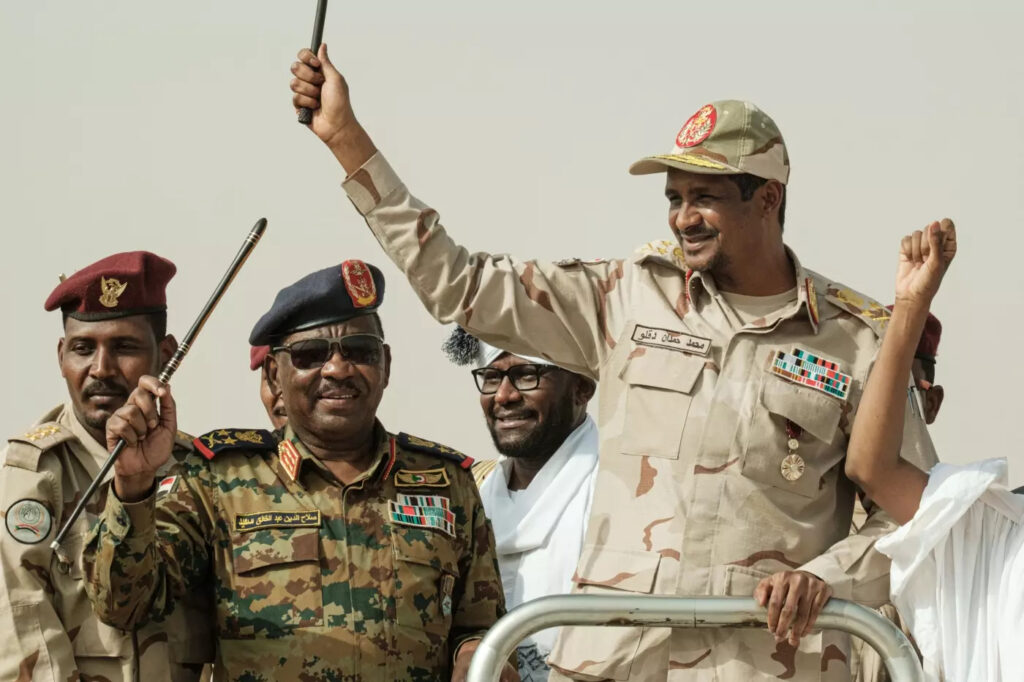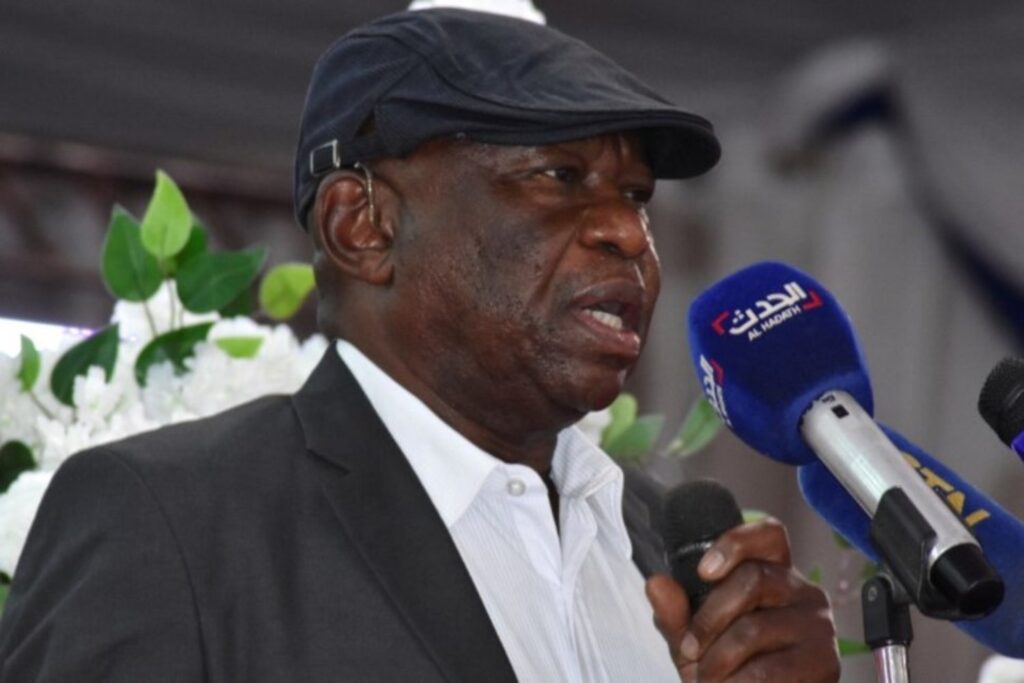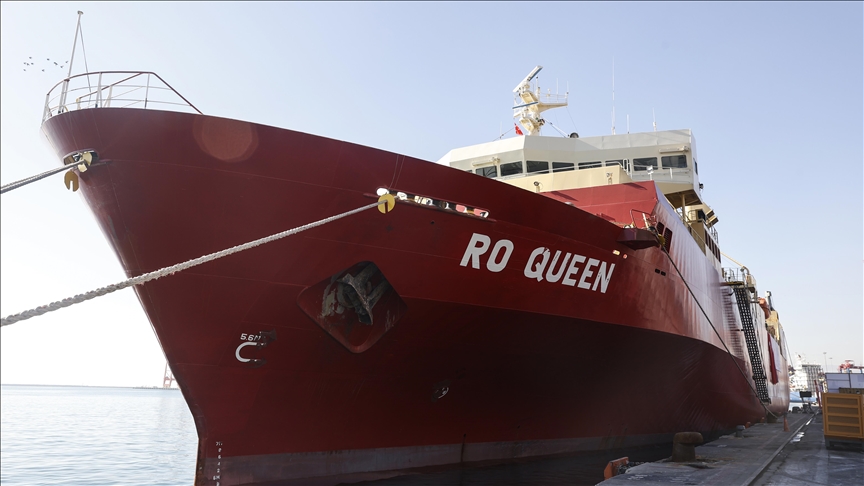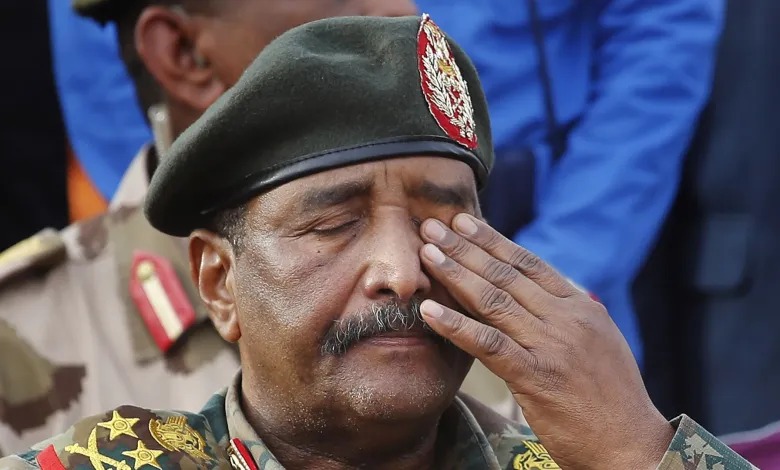
Despite official statements from General Abdel Fattah al-Burhan’s authorities in Port Sudan claiming “state and army cohesion,” media reports reveal a wave of silent defections hitting the heart of Sudan’s military and governmental institutions. Information is tightly controlled, with disclosures limited to narrowly defined boundaries.
Controlled disclosure: limited announcements, extensive concealment
Sources close to senior officers in Omdurman and Khartoum say Burhan has instructed the Ministry of Information and official communication bodies to manage the defections with a two-pronged approach:
Announce minor defections involving low-level staff or officers with no significant influence, giving an impression of transparency.
Keep secret defections involving military intelligence officers, officials in sovereign institutions, and political or academic elites previously operating under official cover.
This is a coordinated effort to conceal cracks within the power structure, especially in institutions central to security and political decision-making.
Why top defectors remain silent
Many senior officers and officials avoid public exposure for several reasons:
Awaiting clarity on which political forces will gain international legitimacy.
Fear of security or legal repercussions, or targeting of family members.
Behind-the-scenes guidance from civil entities aligned with the Transitional Government advising restraint until the balance of power becomes clear. “Silent exit” is seen as the least risky political and security option compared with public declarations that could close future negotiation or return avenues.
Intelligence sector sees the most critical defections
Media reports indicate the most significant defections are within military intelligence. Officers and officials have left Burhan’s system without statements or images, breaking previous defection norms. Some relocated to areas controlled by the Transitional Government, others left Sudan entirely.
Authorities have often removed defectors from decision-making roles while keeping legal files ready for strategic use. Every detail regarding intelligence personnel remains tightly controlled to prevent wider institutional ripple effects.
From military to civilian: a political shift
These moves reflect more than “escape from war.” There is a clear political shift among groups previously loyal to the military: Officers and civil servants see continued warfare under the current army as leading to further collapse.
Many view civil movements opposing military rule as a realistic path for post-conflict Sudan. Civil entities have provided platforms or logistical protection, especially those linked to the Transitional Government.
This represents a full repositioning rather than tactical withdrawals, signalling deep change within segments of the military elite.
Academics and elites: silent rejection of “war legitimacy”
Defections extend beyond military circles. Academics, media figures, and elites who once provided political or intellectual cover for pre-war authorities are disengaging:
Some refuse to justify the war and withdraw from official narratives. Some relocate to regional capitals, presenting themselves as supporters of civilian governance.
Others remain in Sudan but outside army-controlled areas, working in less controlled spaces. This trend signals the fragmentation of the “war legitimacy” narrative within key intellectual foundations of the regime.
Ahmed Al-Nour Al-Halla: public punishment as a message
Amid secrecy, Second Public Prosecutor Ahmed Al-Nour Al-Halla’s dismissal on 25 September 2025 is a rare publicly documented case. His alignment with the RSF and Transitional Government coalition led to his formal removal, sending a clear warning: publicly shifting allegiance invites documented consequences.
Authority erodes, new power networks emerge
Media sources indicate Burhan’s authority faces gradual internal erosion across key institutions, while civil forces exploit the situation to build influence networks.
Although most defections remain silent, their scale, timing, and the prominence of the figures involved suggest decision-making in Port Sudan is no longer as cohesive as official statements portray.

